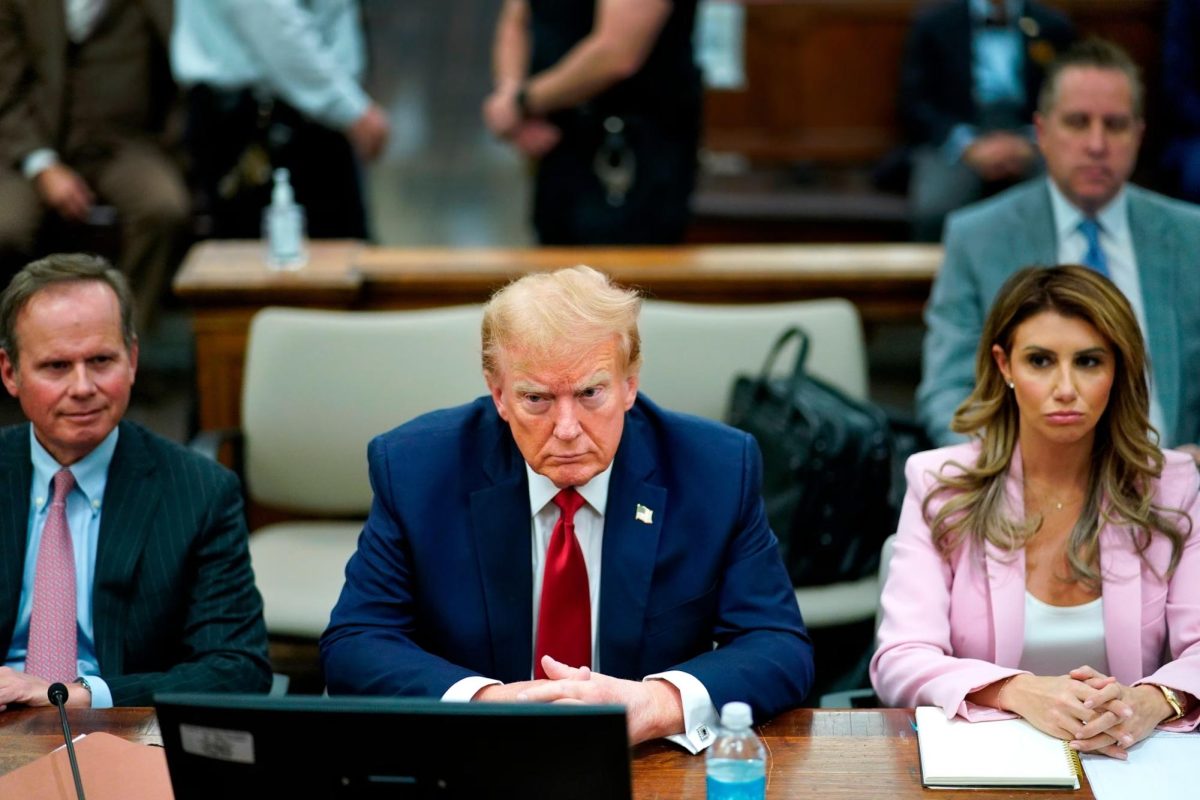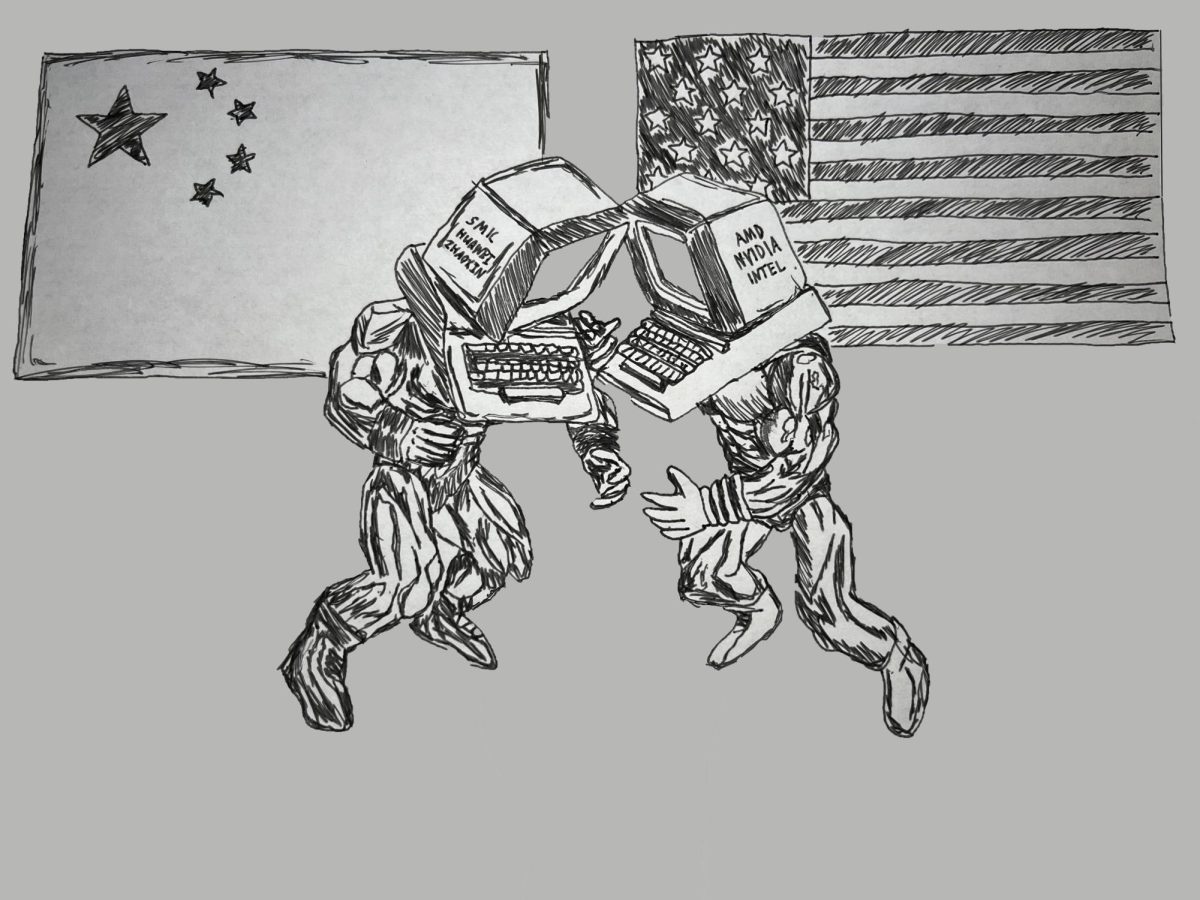Twenty-four years ago, the United States Supreme Court heard a Florida recount case that would determine the winner of the 2000 U.S. presidential election. No matter what the court did, it would be controversial, but Bush v. Gore resulted in George W. Bush taking office. Elections have played out comparatively smoothly since—however, this year is looking different.
When Colorado Secretary of State Jena Griswold went to finalize the candidate list for the 2024 Republican primary, a group of six voters headlined by former Republican state lawmaker Norma Anderson sued her for including former president Donald Trump on the ballot. Anderson argued that Trump was unable to participate in elections due to his involvement in the January 6 Capitol insurrection, pointing to Section 3 of the 14th Amendment. This section states that people who have “engaged in insurrection or rebellion” cannot hold office or participate in elections. The case was presented to the state’s Supreme Court, which voted 4–3 in favor of Anderson on December 19, 2023, removing Trump’s name from the ballot.
On December 28, Maine Secretary of State Shenna Bellows barred the former president from the ballot in a similar removal. In a public statement, Bellows called out Trump for his “knowledge and support” of the January 6 insurrection, stating that “the U.S. Constitution does not tolerate an assault on the foundations of our government.”
In preparation for upcoming court battles, Trump’s legal team has published a petition defending their client. According to the petition, claims made by states like Colorado and Maine are invalid since they are politically motivated in the eyes of his legal team. Trump’s lawyers believe Section 3 merely prevents him from holding office, and Congress could overturn the vote with a supermajority if he wins. This petition set out by Trump’s legal team is gaining serious recognition within the political and legal commentary communities.
However, violent response to these rulings has not deterred prosecution. Despite death threats and a gunman breaking into the Colorado Supreme Court building, bipartisan critics will not be silenced, with Bellows doubling down. “I am mindful that no secretary of state has ever deprived a presidential candidate of ballot access based on Section 3 of the 14th Amendment,” she wrote. “I am also mindful, however, that no presidential candidate has ever before engaged in insurrection.” At the spearhead of the prosecution, Anderson is not relenting, warning of the negative implications of a return to office for Trump.
As of January 5, 2024, the Supreme Court will argue Trump v. Anderson on February 8, and a decision will be made in time for the first primary elections on March 2. The 6–3 conservative tilt is encouraging for Trump supporters, especially with three of them being appointed by the former president, who cites how he “fought really hard to get three very, very good people in.”
However, it will not be straightforward for either side. Prosecution and supporters point out Trump’s clear involvement in inciting an insurrection, and the Colorado Supreme Court’s stance on how Section 3 applies to presidents would disqualify him from the ballot. By January 18 and January 31, respectively, Trump and the plaintiffs’ opening briefs are due.
As similar cases develop and official statements from both parties are released, more clarity and information in the next month will lead up to a February 8 argument that will drastically affect the course of an extremely tense election cycle. If the prosecution wins, these related cases will lead to similar ballot removals, but a Trump victory could bring the former president back into office. At the dawn of the red state-blue state divide, a monumental Supreme Court ruling set the course for the early 21st Century, and at another pivotal point in recent election history, the fate of the highest political office in the United States lies in the hands of nine justices.







